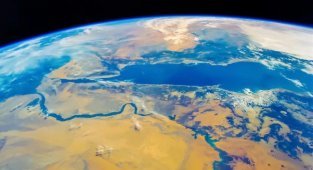Why does Antarctica belong to no one, although different states claim rights to its territory? (5 photos)
Almost the entire territory of the Earth is divided between states; many wars have occurred due to territorial claims or confusion in drawing boundaries. It seems strange in such a situation that an entire continent remains a no-man's land. Moreover, some countries are putting forward their claims on its territory. 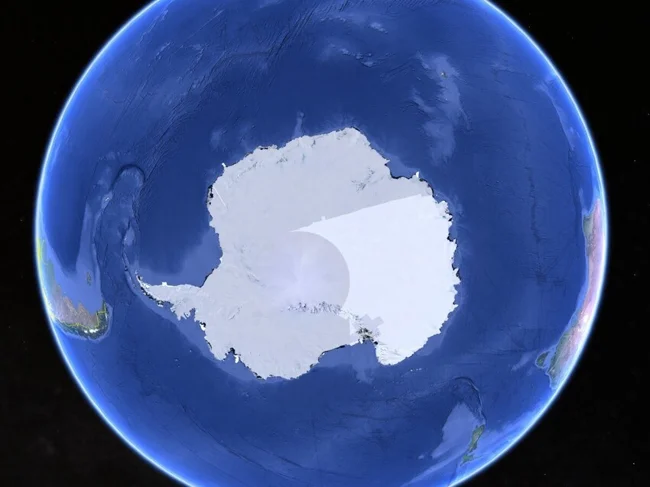
Who discovered Antarctica?
It was not difficult to stake open lands for one state or another for several centuries. It was enough to land on it and declare the possession of your monarch. Of course, after this it was necessary to defend the new acquisitions by force and keep troops there. But the principle “whoever discovered it belongs to him” operated in the world.
The situation with Antarctica is different. First of all, there is no agreement in the world about who discovered it. In the Russian Federation, it is believed that the sixth continent was discovered by an expedition led by Bellingshausen and Lazarev.
On January 28 (Gregorian style), 1820, sailors actually saw the mighty ice shelf. But seeing the land and landing on it are not the same thing. By the way, that year 3 expeditions set off to the southern lands at once. The British and Americans saw Antarctica. 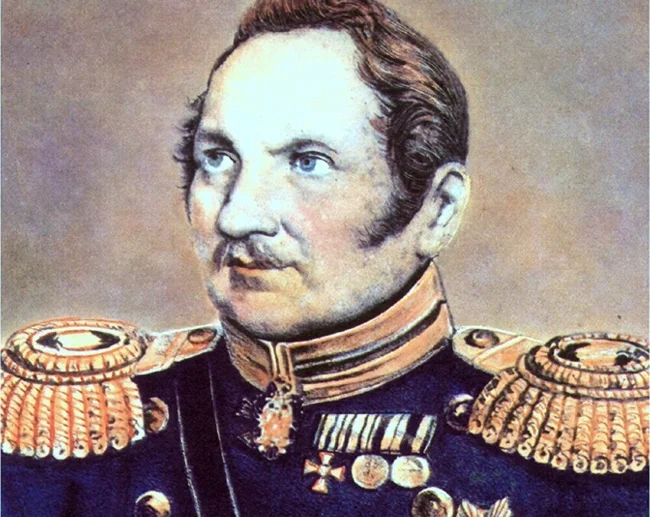
Thaddeus Faddeevich Bellingshausen
The British, for their part, are confident that James Cook discovered Antarctica. In 1774, on the brig Resolution, he made his way to 71° S, where he ran into an impenetrable wall of ice. The navigator crossed the Antarctic Circle, but he did not reach the mainland.
The first people to land on the continent were the Norwegians in 1895, and the first of them was Carsten Borchgrevink. He, perhaps, could stake out the ice continent for his monarch. But in the 19th century, Antarctica was of interest exclusively to scientists; technology did not allow them to extract anything.
States that have claimed their rights to the territory of Antarctica
If in the 19th century the heads of state were of little interest in the ownership of Antarctica, then the last century has radically changed the situation.
The sixth continent began to be considered as a place for military bases, and its coastal zone became interesting for fishermen. At the beginning of the 20th century, Antarctic whale hunting flourished; by the 1930s, 46 thousand animals were caught per season. Fishing was actively developing. 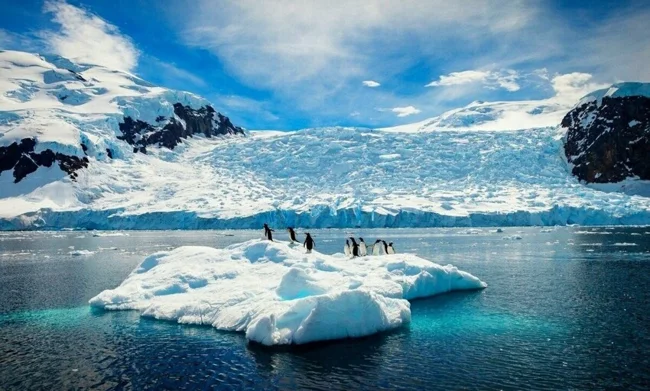
In just a couple of decades, people have practically destroyed local animal populations, driving them to extinction. But penguins, seals and other animals remained on the continent, and hunters were not averse to catching them. There was little concern for the conservation of species back then: work for people, taxes for the state.
In 1908, Great Britain announced that a number of Antarctic islands discovered and visited by its citizens before 1820 were now in its possession. After 9 years, it expanded its jurisdiction to the sector from 20° to 80° west. all the way to the South Pole.
And then the “seizure” of the territories of Antarctica began by various states and British dominions. New Zealand and Australia, France and Norway, Argentina and Chile have declared their claims to part of the southern continent.
Germany and Japan did not stand aside either. The Germans showed particular activity, who, during their 1939 expedition, scattered a bunch of flags on the mainland from an airplane and declared New Swabia their territory. However, after losing the Second World War, they abandoned their plans. 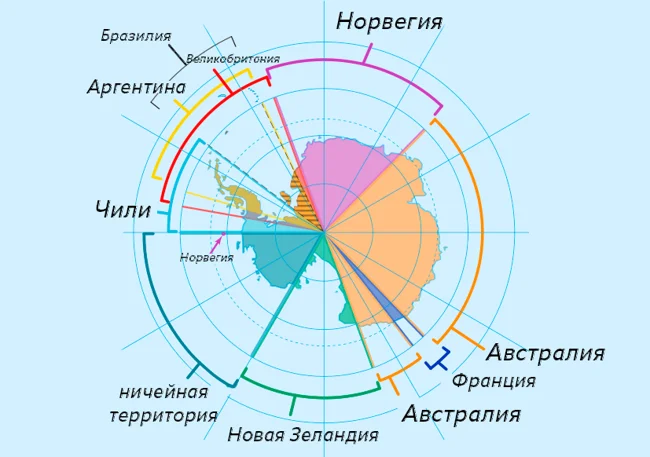
Claims of various states to the territory of Antarctica
The USSR and the USA took a special position. The Soviet Union, although it did not directly talk about its claims, said that it might do so in the future. The United States repeatedly discussed claiming rights to the entire continent and even intended to send troops there, but never passed laws on ownership of Antarctica.
Neutral status
The contradictions between the states laying claim to Antarctica had to be somehow resolved. The depths of the ice continent were still not of particular industrial importance. But the threat of placing weapons there, including nuclear weapons, was real.
In 1946, 13 American ships set off for the mainland for reconnaissance and strengthening their scientific base. In 1948, Argentina sent its 8 ships, then landed its contingent there. The British, who controlled the southern Antarctic islands, protested against this. Both sides destroyed enemy camps.
